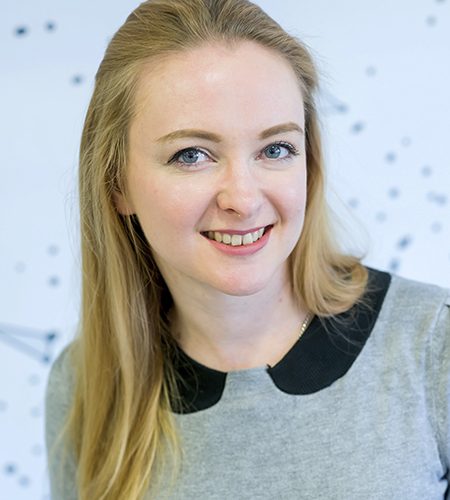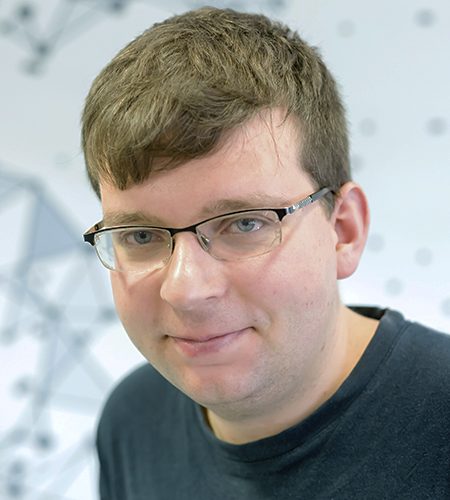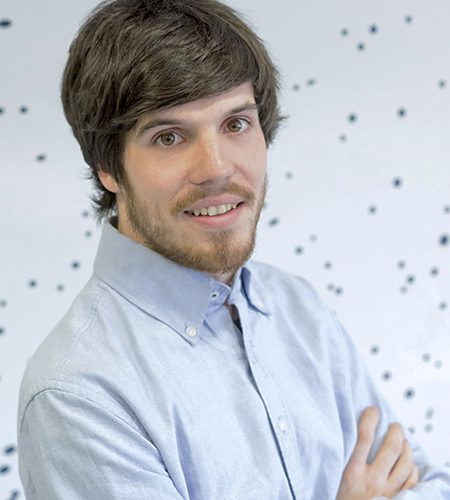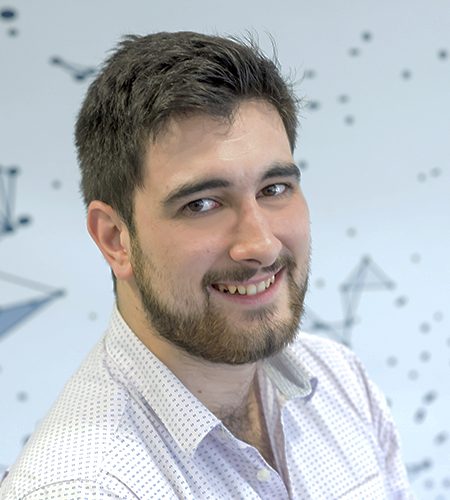IMDEA Networks

Archives: Events
Let’s Work Together: Building a Robust, Consistent, and Efficient Distributed Shared Storage System for Large Data Objects that Promotes Collaboration
A distributed shared storage (DSS) space is a fundamental service to ensure availability, survivability and accessibility to the data that...
Read more arrow_right_altPhD Thesis defense: Algorithms for propagation-aware underwater ranging and localization
While oceans occupy most of our planet, their exploration and conservation are one of the crucial research problems of modern times. Underwater localization...
Read more arrow_right_altIntroduction to FHE, TFHE and Machine Learning Applications
FHE is a technology allowing to perform operations over encrypted data. In this talk, we will do a general introduction...
Read more arrow_right_altPhD Thesis defense: New methods, algorithms, and theoretical guarantees for algorithms in network element design
A broad spectrum of services running on top of an exponentially growing number of interconnected devices makes network operations more...
Read more arrow_right_altMis-shapes, Mistakes, Misfits: An Analysis of Domain Classification Services
Domain classification services have applications in multiple areas, including cybersecurity, content blocking, and targeted advertising. Yet, these services are often...
Read more arrow_right_altAngel or Devil? A Privacy Study of Mobile Parental Control Apps
Android parental control applications are used by parents to monitor and limit their children’s mobile behaviour (e.g., mobile apps usage,...
Read more arrow_right_altSGD on Distributed Systems
Deep learning is booming thanks to enormous datasets with very large models, and the widespread availability of supercomputing via GPUs....
Read more arrow_right_altOn Three Research Problems
In this talk, I will present applications of the communication theory framework to three research problems. The first is a...
Read more arrow_right_altOverview of Adversarial Machine Learning (AML) with Applications to Network Anomaly Detection (NAD)
In this talk, we will give an overview of “adversarial” attacks on deep learning, generally known as adversarial machine learning...
Read more arrow_right_altThe hardware and software design for a Cyber-IoT-Physical system
Recently, there has been an enormous interest in Internet of Things (IoT) systems, and a large deployment of IoT systems...
Read more arrow_right_alt











Recent Comments